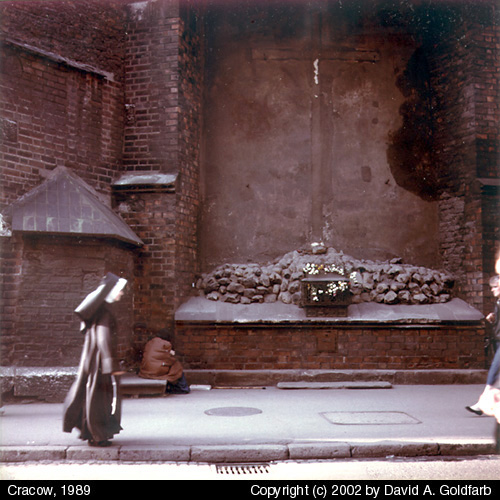If you decide to do this yourself, get Photo Techniques Vol. 20, No. 2 for the article Reciprocity Failure in Ilfochrome - the techniques described really helped with mitigating colour crossovers. Bear in mind that only the polyester based 'paper' has good archival storage properties and that inkjet prints from good printers on proper paper are rated at 200+ years for dark storage.
A significant problem with all non-inkjet colour printing methiods apart from dye transfer is that contrast is linked to hue. Inkjet prints display much better colour fidelity, do not display colour crossovers and have better contrast than Ilfochrome. It is certainly possible to make fantastic Ilfochrome prints that do not noticeably display these problems, but it is really a medium that places a lot of demands on the printer.
There are a lot of lost processes that were longer lasting. These days, for colour, there are few reasons to use anything other than inkjet.
Marty


